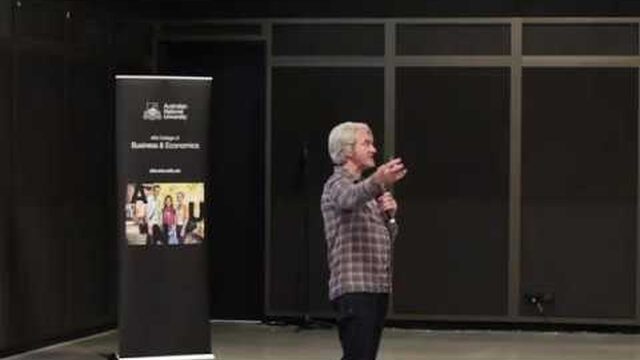
Brain power
Is the US justice system fundamentally just?
We like to think our justice systems are fundamentally fair and just, with people who are genuinely guilty of committing crimes receiving appropriate sentences and those who are innocent going free. However, writing in Quartz, Judge Alex Kozinski questions the fairness of the US justice system, stating that:
much of the so-called wisdom that has been handed down to us about the workings of the legal system, and the criminal process in particular, has now been undermined by experience, legal scholarship and common sense
Kozinski goes on to challenge eight common myths about the US justice system, and most of his arguments are supported by appropriate evidence:
- Eyewitnesses are highly reliable. Kozinski supports his view “that eyewitness identifications are highly unreliable” with statistics from the National Registry of Exonerations of the Michigan Law School showing mistaken witness identification was a contributing factor in more than a third of wrongful convictions.
- Fingerprint evidence is foolproof. Kozinski states that this is “not so” on the basis of research showing that there is a significant error rate (although on reading the research, the error rate is not as high as I had expected from reading Kozinski’s article).
- Human memories are reliable. With evidence of how external factors can alter memory, Kozinski cautions that “human memory is fundamentally flawed”.
- Innocent people never confess. Kozinski argues that “innocent people confess with surprising regularity”, drawing on information in a media article and a book review.
- Police are objective in their investigations. Highlighting documented cases of innocent people being jailed for decades, Kozinski argues that police can “stack the deck against people they believe should be convicted”.
- Guilty pleas are proof of guilt. Kozinski expresses the view that while judges take comfort in guilty pleas, such pleas can be brought about by a range of circumstances other than guilt.
- Prosecutors play fair. Kozinski alerts that while most prosecutors play fair, not all of them do, with the example of a case in which “three high-ranking federal prosecutors are known to have been posting online, anonymous comments to newspaper articles about the case throughout its duration”.
- Long sentences deter crime. Kozinski discusses how the United States has the highest rate of imprisonment in the world and longer sentences than other developed countries, but he but doesn’t link or relate this information to crime rates.
Also published on Medium.






